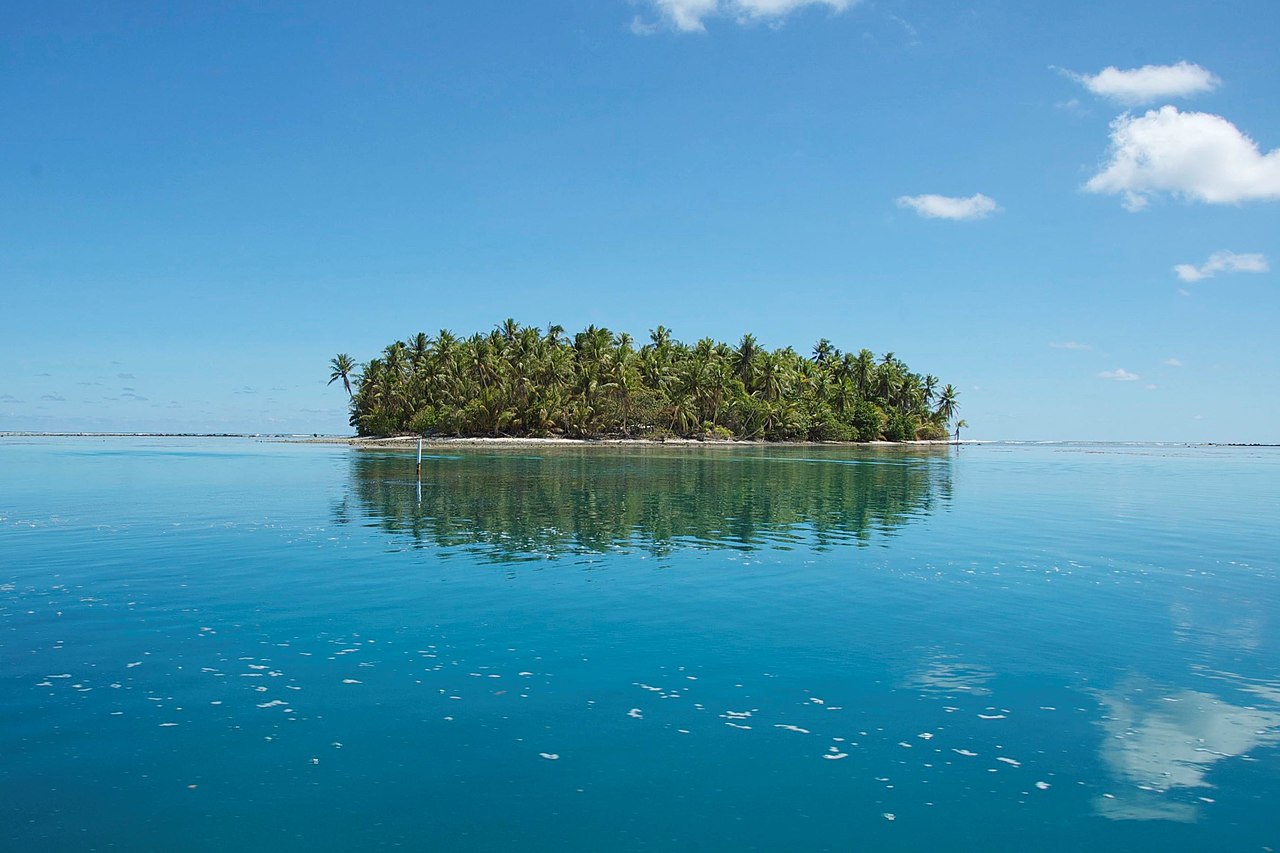
The MIT Technology Review recently published a great piece about the history of .tk domain names. Initially, it tugged a nostalgic string in my heart — there was a time, particularly in the early ’00s, when I remember so many websites having .tk domains. Hell, the very first website I had for my music was located at thomdunn.tk! That’s because, at the time, .tk domains were offered for free.
.tk is technically the internet country code for Tokelau, a small Pacific nation comprising three isolated atolls with a population of about 1500 people. It’s both the first nation in the world to run on 100% solar power … and also still is not recognized as a self-governing nation, and is technically overseen by the US, despite having its own democratically-elected government.
As the Tech Review explains, the country was approached by a Dutch internet entrepreneur in 1997, who offered to manage their country code:
Up until that moment, Tokelau, formally a territory of New Zealand, didn’t even know it had been assigned a ccTLD. “We discovered the .tk,” remembered Aukusitino Vitale, who at the time was general manager of Teletok, Tokelau’s sole telecom operator.
Zuurbier said “that he would pay Tokelau a certain amount of money and that Tokelau would allow the domain for his use,” remembers Vitale. …In the model pioneered by Zuurbier and his company, now named Freenom, users could register a free domain name for a year, in exchange for having advertisements hosted on their websites. If they wanted to get rid of ads, or to keep their website active in the long term, they could pay a fee.
[…]
Because .tk addresses were offered for free, unlike most others, Tokelau quickly became the unwitting host to the dark underworld by providing a never-ending supply of domain names that could be weaponized against internet users. Scammers began using .tk websites to do everything from harvesting passwords and payment information to displaying pop-up ads or delivering malware.
At its peak, .tk domains had some 25 million users — massively eclipsing the nation’s own population. And yet, as the Tech Review details, it has now become the go-to internet domain safe-harbor for spammers, phishing, and other cyber criminal activities. It’s a fascinating — if ultimately rather depressing — look at internet domains as a form of colonialism.
The article also pairs well with this Bloomberg piece from the summer about the rise in .ai domain names. .ai domains are technically the country code for Anguilla, a small British Overseas Territory in the Caribbean with a similar population size to Tokelau (are you sensing a pattern here?). But thanks to the rise in AI techbro investments, Anguilla is expected to bring in some $30 million in revenue this year from domain names alone. Sure, that’s a pittance compared to the overall investment in AI around the globe. But not an insignificant chunk of change for a country that’s otherwise dependent on tourism and off-shore tax havens.
How a tiny Pacific Island became the global capital of cybercrime [Jacob Judah / MIT Technology Review]
The Tropical Island With the Hot Domain Name [Rachel Metz / Bloomberg]

